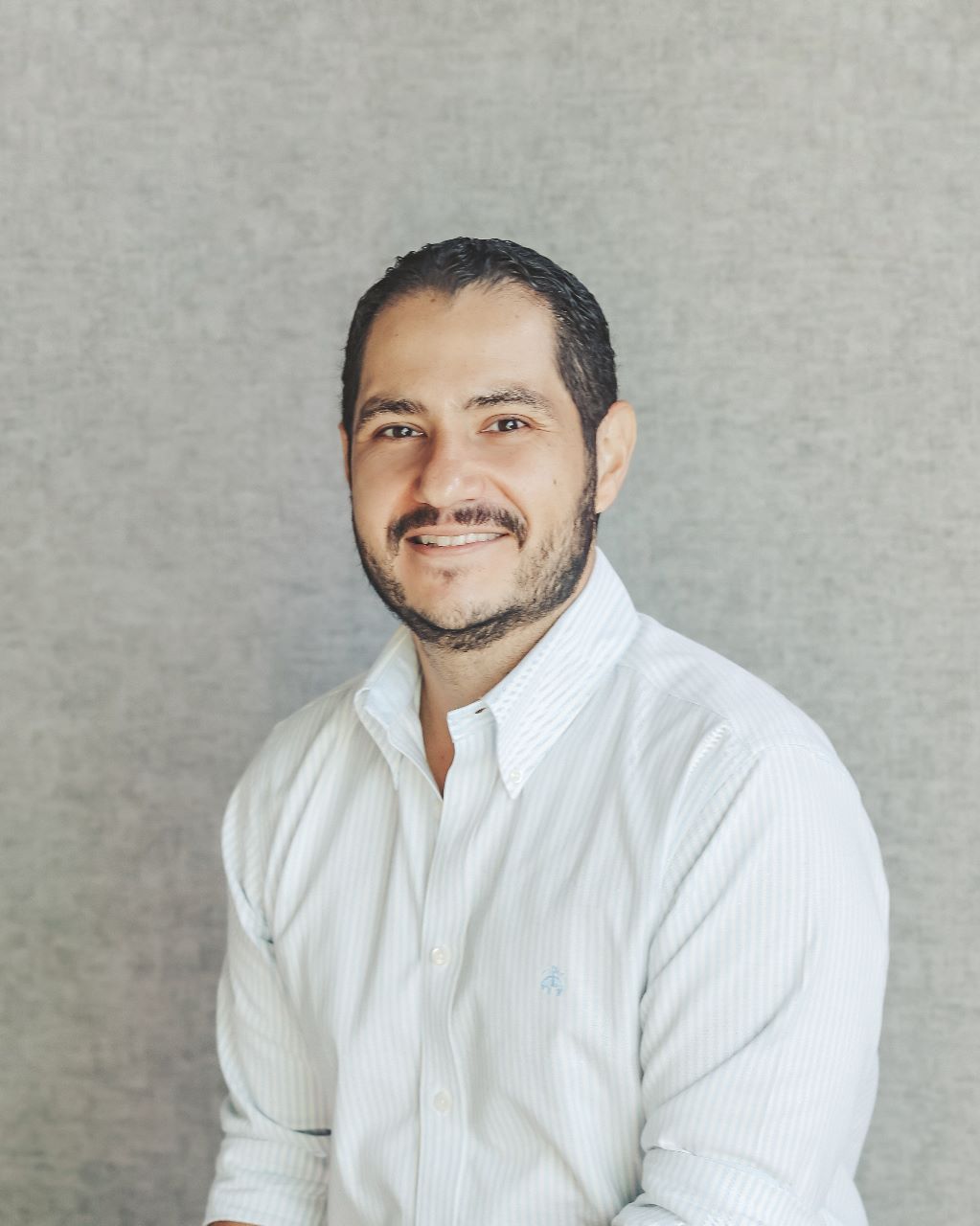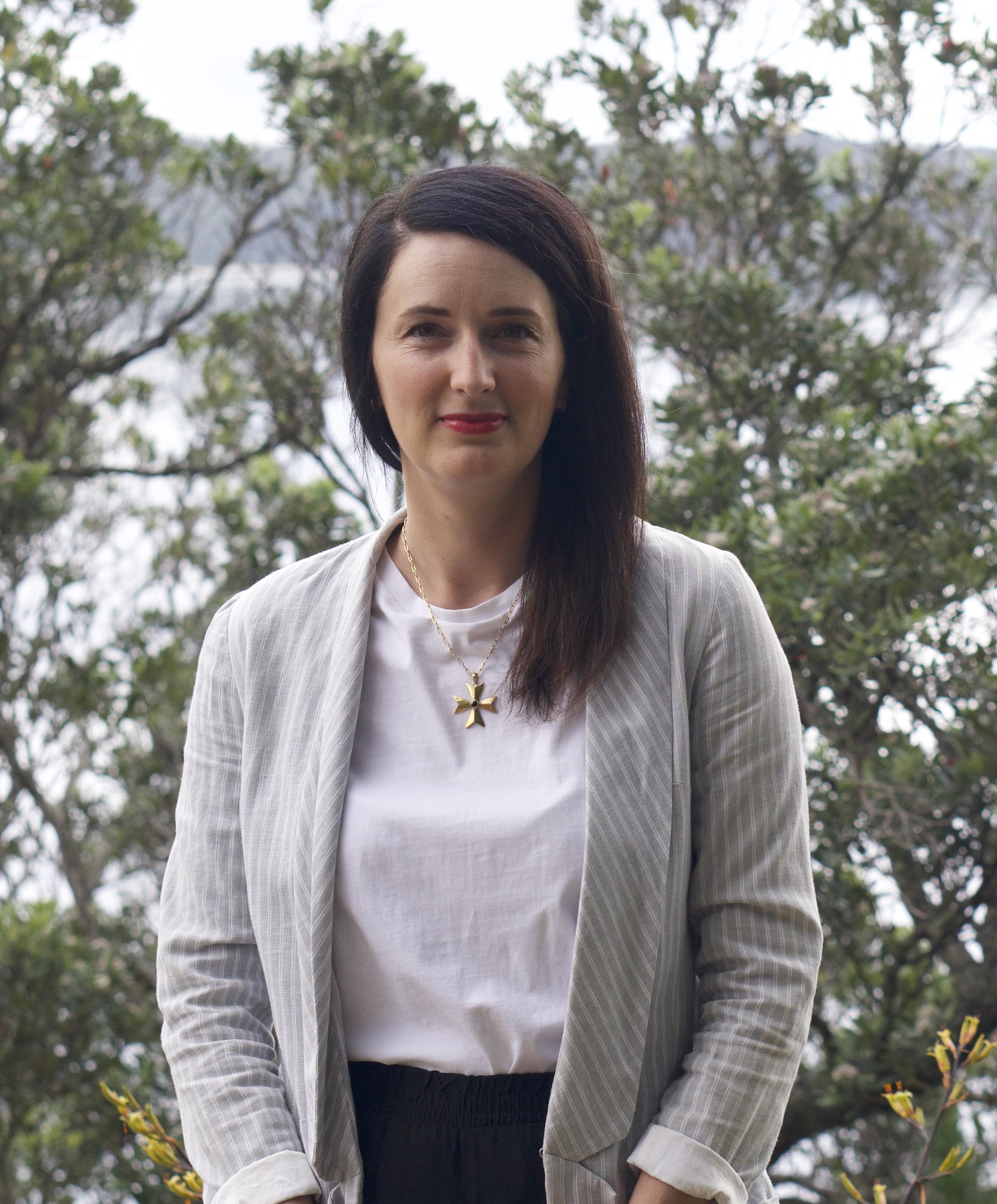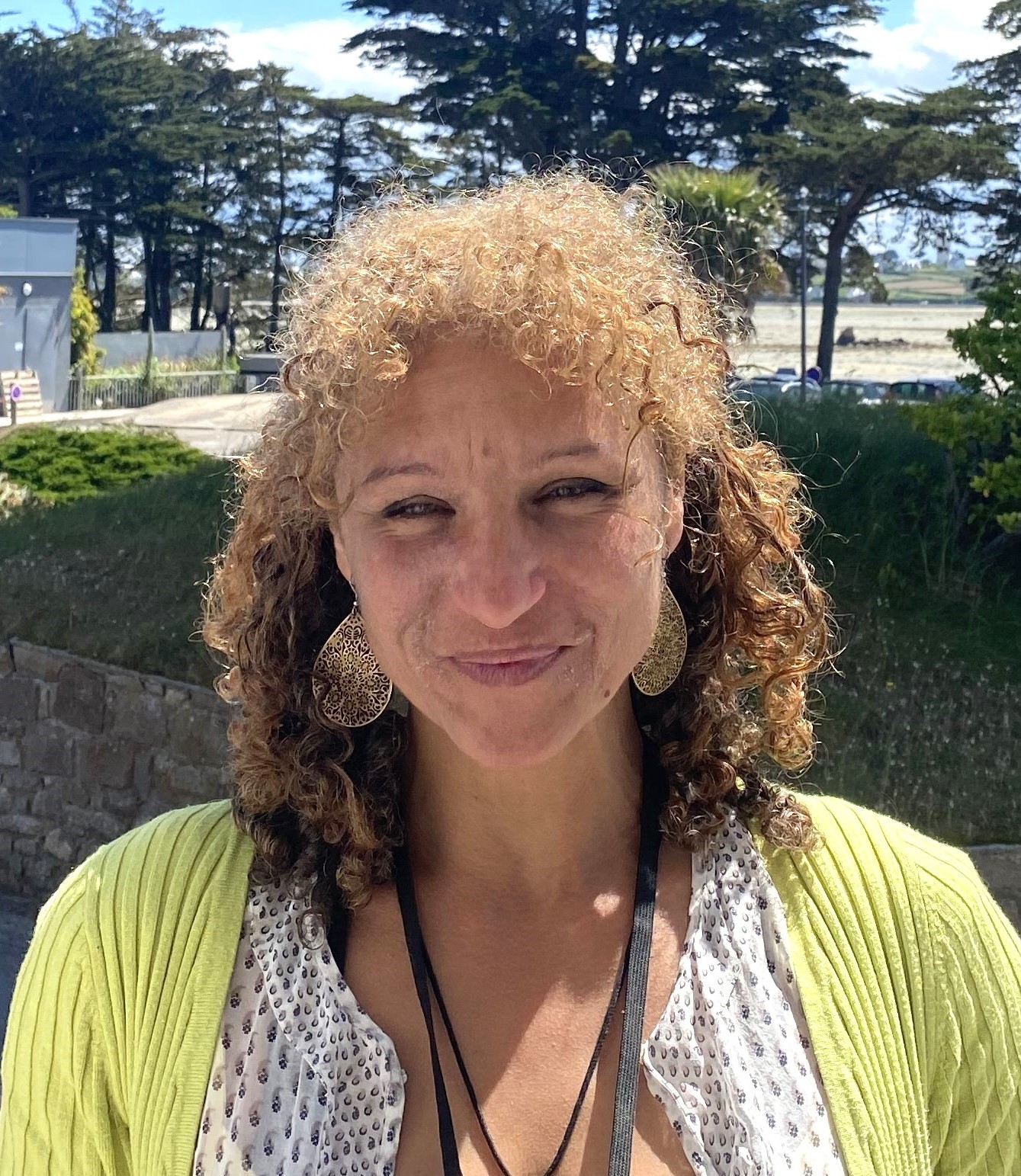Biodiversity, Natural Wealth, and Resilient Ecosystems
Hosted by: Phil Dillard

Jose Dengo
Jose Dengo is an accomplished and purposeful consultant with 20 years of experience in environmental impact assessment, corporate social responsibility and public-private partnerships for sustainable development. He currently serves as Managing Partner of CDG Environmental Advisors, one of the most prestigious sustainability consulting firms in Costa Rica.
In his time at CDG, Mr. Dengo has had the opportunity to work with diverse, multidisciplinary teams on some of the country’s most significant projects, in both the public and private sectors. Since 2011, Mr. Dengo has been at the forefront of CDG’s incorporation as a member of the Inogen Alliance. By expanding the firm’s international network, Jose has been able to work throughout the region.
Mr. Dengo holds a Bachelor of Science in Natural Resources Management from Cornell University, a Master of Environmental Legislation from The University for International Cooperation, a Master of Science in Environmental Assessment from McGill University and a Master of Business Administration from INCAE Business School. Jose has lived in six countries and is fluent in four languages.

Susan Jackson
Susan is an ecologist with a solutions-based approach to projects within our coastal environment. She has worked in environmental consulting in New Zealand since she relocated from the UK in 2007. Aside from her role in consulting, Susan has also spent time in Southeast Asia working for charitable organizations focused on shark and ray conservation; important work that has enabled her to witness firsthand the different approaches to conservation both at home, and abroad.
Her recent passion projects are those that work to restore and enhance the coastal marine environment, particularly as they relate to our individual and collective roles in addressing the biodiversity crisis that all nations now face around the globe. Susan looks for opportunities to apply local-based solutions to the restoration of naturally uncommon or degraded ecosystems and habitats that support some of Aotearoa New Zealand’s endemic species, particularly as we adjust to the future effects on our biodiversity from external pressures such as climate change.

Stephanie le Bonniec
Stephanie has a Master's degree in Management of Natural and Exploited Ecosystems and a Master's in Urban and Environmental Engineering. During her studies, she developed expertise in environmental auditing, consulting, and management, particularly in biodiversity, and worked for IFREMER.
Her career began as a project manager for various environmental research and conservation organizations, focusing on marine and coastal ecosystems and species with international projects spanning across 11 countries with the ultimate goal to assess the overall health of these local ecosystems.
She is currently a Project Engineer at HPC INTERNATIONAL, an environmental consultancy based in Roscoff. In 2022, she led the company in implementing a biodiversity action plan to achieve the "Committed to Nature" label in 2023, and developed the "Biodiversity and Ecology" services sector for clients. She wants to ensure that biodiversity is taken into account for a positive impact on societies. She is particularly interested in renaturation, ecological restoration, reporting, and biodiversity indicators for businesses.
“The tourism industry exists in Costa Rica because of our biodiversity, because of the natural wealth, natural beauty that you see here. It's what makes it a tourism destination, and tourism itself accounts for over 8 percent of GDP and almost 10 percent of all employment.” - Jose Dengo
“In New Zealand, in Aotearoa, we have a customary practice, which is called kaitiakitanga, and it's the concept of guardianship. So we, as individuals and as collectives, can all be custodians, or we can all be kaitiaki for the species that live here in New Zealand or elsewhere, and for the biodiversity that the place where you live supports. And I think everybody has a role to play.” - Susan Jackson
“Everything is linked. That means all the consequences are linked together, like famine, civil wars, desertifications, armed conflict, and diseases. All is linked and if we don't look for the resilience of ecosystems, that will be crazy soon. For the future generations, we need to take care of it.” - Stéphanie Le Bonniec
---------
Time Stamps
0:00 Rethinking golf courses
02:04 Biodiversity in Costa Rica with Joes Dengo
22:30 Biodiversity in New Zealand with Susan Jackson
39:49 Biodiversity in France with Stéphanie Le Bonniec
56:17 Phil’s takeaways and closing remarks









